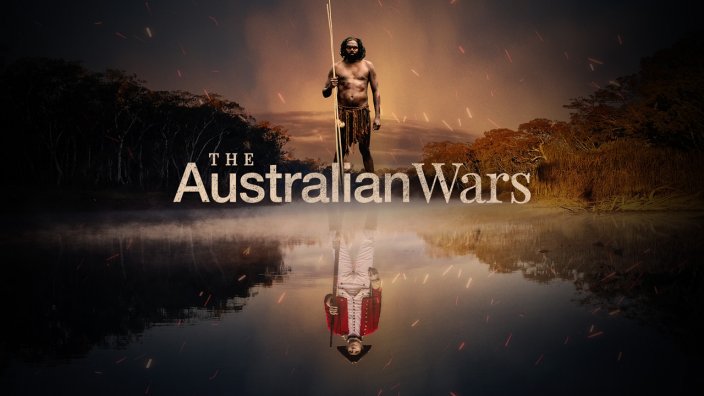This was broadcast on 23 November and transcripts are available at a modest cost. (The ep is available online till 23 December 2022.) Some of what we picked up from the remarks of Rachel Perkins (from about mark 5.0) and Henry Reynolds (from mark 14.40) and questions (from about mark 32.00):
Perkins
- strong polling support for truth-telling (89 per cent) and that the Frontier Wars occurred (62 per cent);
- backlash has begun against any change at the War Memorial regarding Frontier Wars (Andrew Bolt and RSL mentioned);
- why do the backlashers use the term ‘our’ War Memorial – as in hands off it – when it belongs to all of us?
- First Nations people died defending Country;
- led a moment of silence in memory of Frontier Wars dead.
Reynolds
- arguments that Frontier Wars should not be in the Memorial because they lack ‘the grandeur and gravity of war’ do not stand up after Mabo case 1992: it established First Nations’ possession of the land, so wars were over possession of land;
- this is our most important war; war matters;
- PACER program requires school visit to War Memorial if it wants the subsidy;
- no-one at the time had any doubt there were wars going on;
- the question is what do we do about it now.
 Poster for The Australian Wars
Poster for The Australian Wars
Questions
Amanda Copp from National Radio News missed in her question the important detail that the War Memorial blog (legislative change needed if Frontier Wars were to be shown at the Memorial) she quoted from dates from 2014. Nor did she seem aware of the discussion in Estimates on 8 November between Senator Canavan (quoting that blog) and War Memorial Director Anderson, which made clear after lots of toing and froing that the Memorial Council legally has the capacity to interpret its Act and has always done so.
David Crowe of Nine Newspapers was surprised to know about the PACER requirement about schools having to visit the War Memorial if they wanted to receive the government subsidy (though PACER has been in place since the days of the Howard Government). PACER is not widely known other than in schools, though it got a 50 per cent funding boost under Minister Tudge in 2021.
In The Honest History Book (2017), Alison Broinowski and David Stephens called for the abolition of the PACER mandate to visit the War Memorial. ‘Mandating visits to a war memorial that has such a limited agenda should be anathema in a civil society that cherishes a peaceful future (p. 290)’, we said.
Crowe also said what about doing the Frontier Wars in a new indigenous precinct (presumably Ngurra)? Perkins said why should this part of our wars be shoved down the road? She also made the point that it is shared history – white people died in the Frontier Wars as well. Another point: why cannot the Frontier Wars be covered in more than one place (War Memorial, Ngurra, National Museum, National Library, local memorials) just as our overseas wars are covered in more than one place (War Memorial, National Archives, National Museum, National Library, local memorials – and war cemeteries? Seems fairly obvious.
For our earlier commentary on these matters, go here and follow the links.
David Stephens is editor of the Honest History website.
25 November 2022


Leave a Reply
You must be logged in to post a comment.